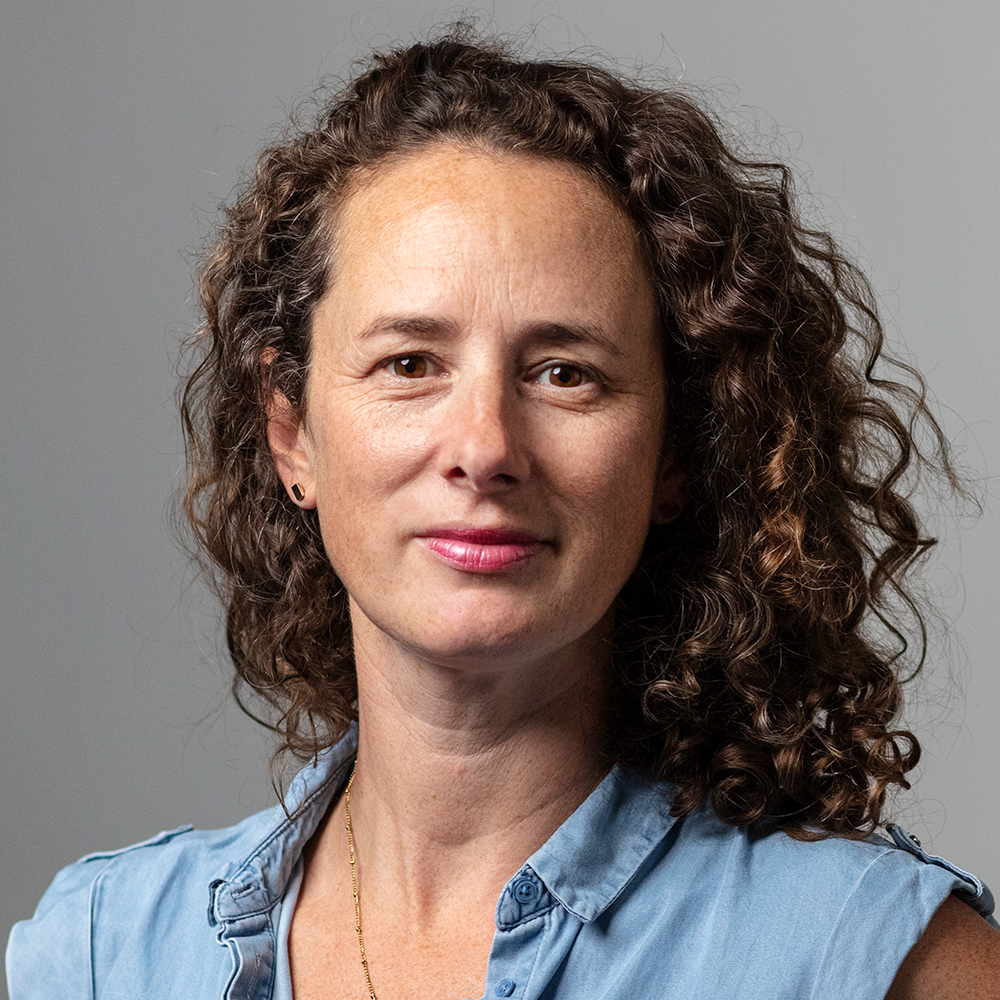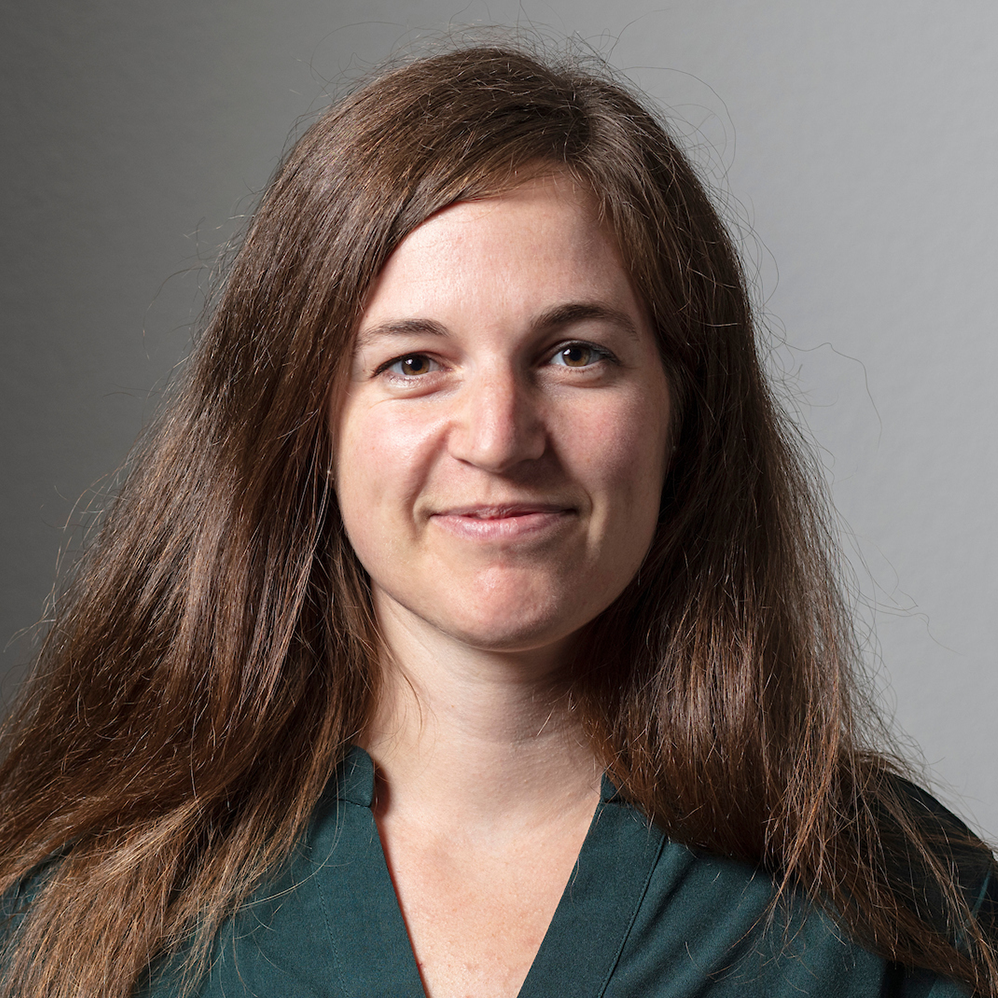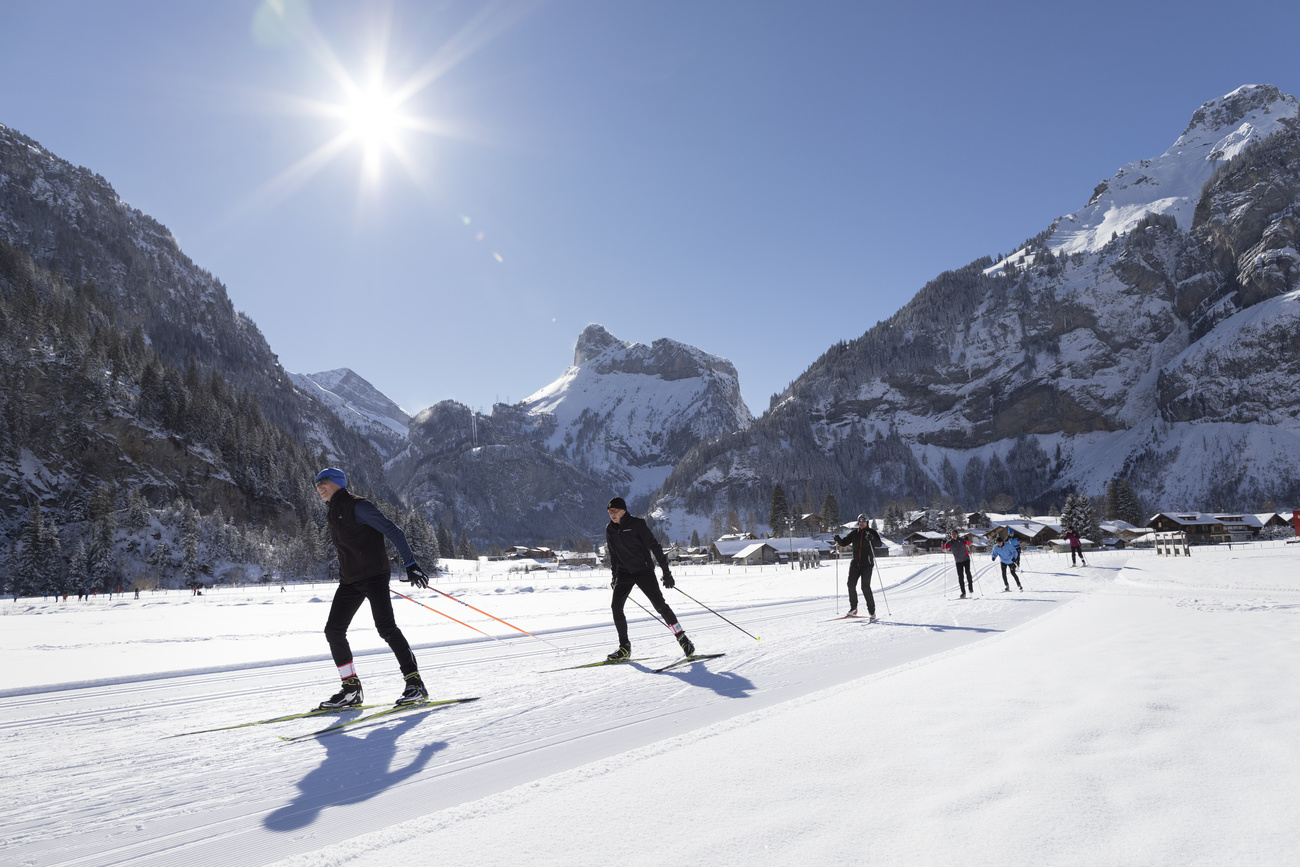
Switzerland Today
Hello from Bern,
It’s almost time for school ski holidays here in Switzerland. I’m a downhill kind of person, but when I see pictures of people gliding along, surrounded by glistening, undisturbed snow, I get a craving for cross-country skiing. Apparently, I’m not the only one, according to a report on cross-country skiing offers in the Tages-Anzeiger today.
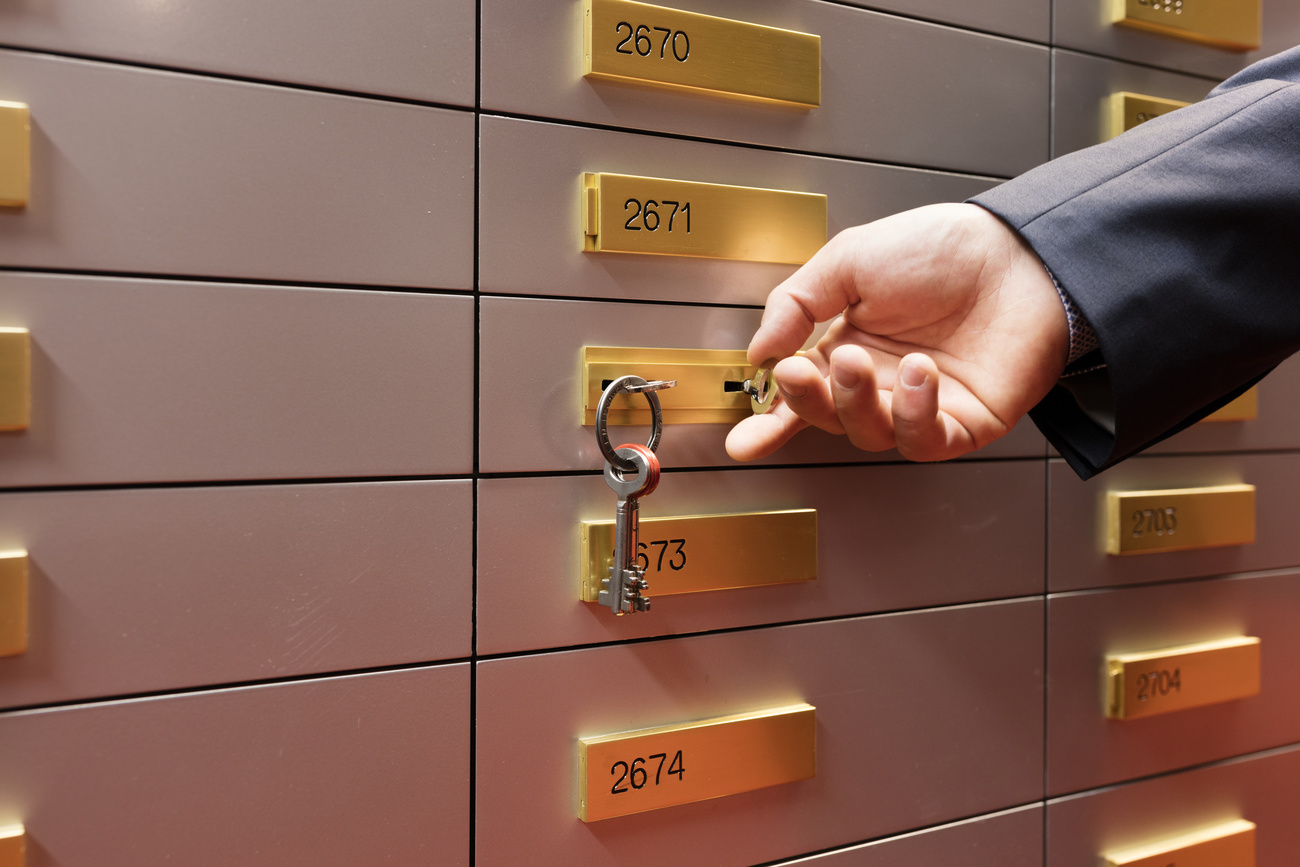
In the News: Embassy closure, banking secrecy and solar panels.
- The government has supported a motion that would allow Swiss journalists to receive leaked bank data without fear of criminal prosecution. The parliamentary motion follows heated debate about the banking secrecy act that bans Swiss media from accepting leaked bank data. Last year a Swiss newspaper turned down the offer of leaked information regarding Credit Suisse out of fear of prosecution. Today, prosecutors opened an investigation into those Credit Suisse leaks to foreign media.
- Switzerland temporarily closed its embassy and consulate in Turkey over concerns of a terrorist attack. This follows similar moves by several other European governments amid protests in Turkey and elsewhere over a far-right politician from Sweden who burned the Koran in front of the Turkish embassy in Stockholm.
- Solar panel installations are profitable in only half of Swiss cities, according to a study. This could create hurdles in Switzerland for the expansion of solar energy, which is seen as critical to achieving climate targets and ensuring energy supply.
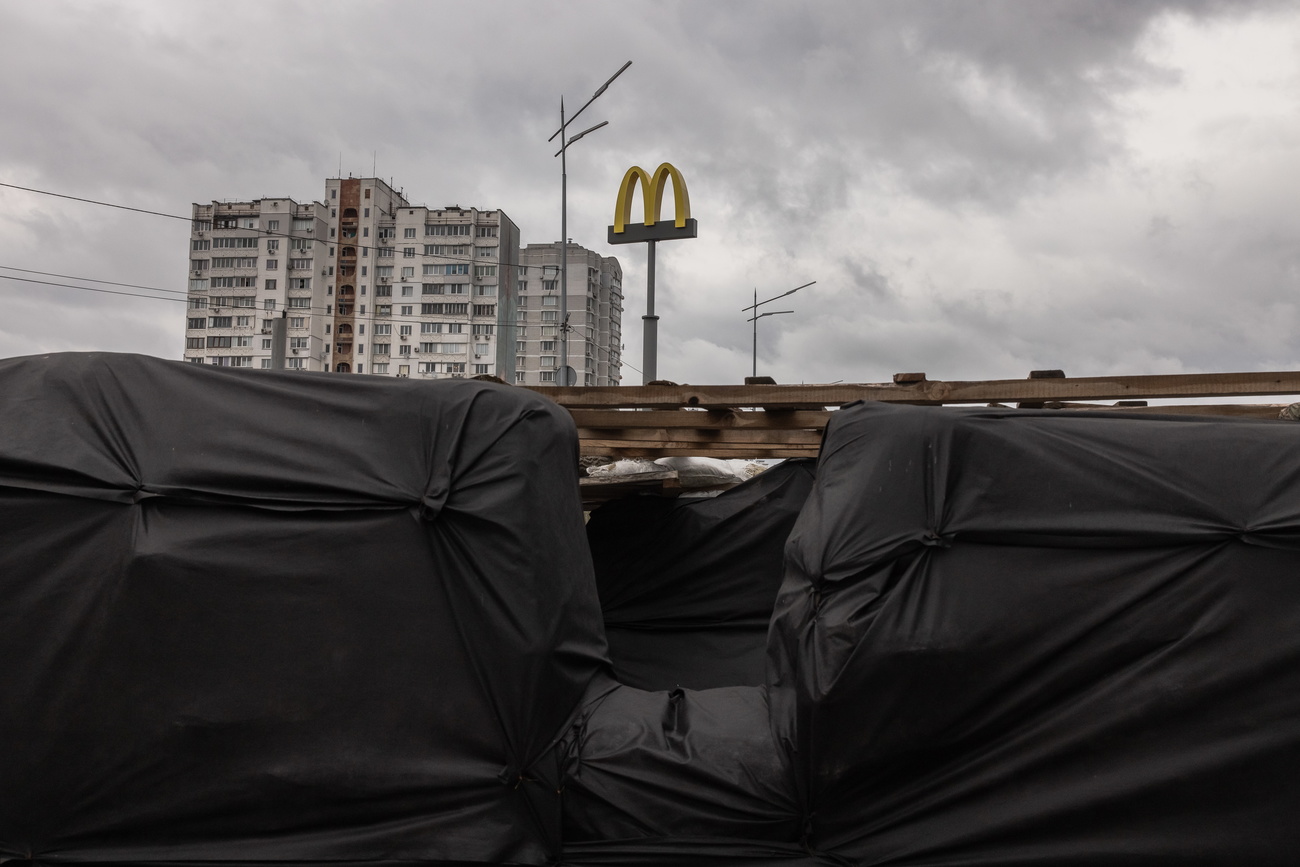
When academics argue about methodologies, things can get testy.
It’s a controversial topic: whether companies should stay or leave Russia. It turns out that this question alone isn’t the only controversy. Yesterday Yale Professor Jeffrey Sonnenfeld, who has gained prominence by tracking Western companies’ moves in Russia after the start of the war, clashed with researchers in Switzerland over a study they published, which showed that only 8.5% of “Western companies” have exited Russia since the start of the war. This amounts to about 120 companies such as Renault, McDonald’s and Siemens.
Sonnenfeld came to starkly different conclusions. His research showed that at least 1,000 companies have “curtailed operations” in Russia. “[The Swiss paper] is intended to undermine the unity of the global business retreat — a critical element of the effective economic boycott — along with government sanctions, which strangles [Putin’s] wartime economy,” he told MarketWatch. Swiss public television, SRF, quoted Sonnenfeld as saying that the study was not only misleading but “an academic lie”.
So, is this just some academic squabbles over methodological details? The big issue is not who is right or wrong but rather how little transparency there is over who actually “owns” a company and whether companies are using their leverage to end the war. Too often, we call a company Swiss but most of its operations and shareholders are abroad. Sonnenfeld’s criticism centres on companies like Yandex, which is considered a Russian search engine, but its holding company is in the Netherlands.
To add more confusion to the mix, Credit Suisse economists published a studyExternal link today that surveyed 650 Swiss companies about geopolitical tensions. It found that around 6% of all companies surveyed had left Russia; among the 50 largest companies the figure is 24%.
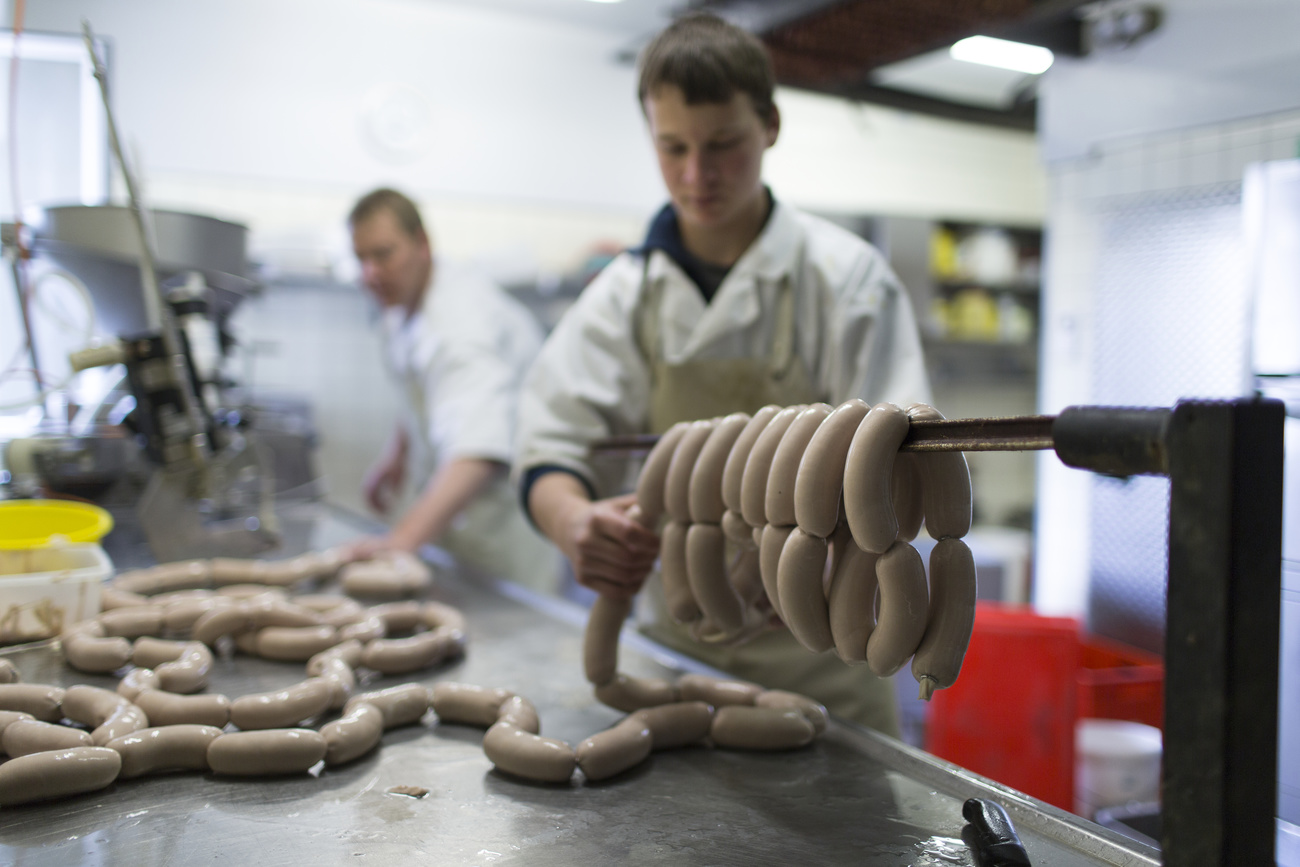
Tax meat to save the planet, say Swiss scientists.
Anyone who has spent time in the US is always shocked by the price of a hamburger in Switzerland. But a group of 40 scientists say that more is needed to curb our unsustainable meat-eating habits. During the Swiss Summit on the food system in Bern today the scientists called for tariffs on animal products, a CO2 tax on food, and a ban on advertisements for meat, arguing our food security depends on it.
Swiss scientists are not the first to propose such a tax. Similar calls have been made in the UK, which has also discussed the idea of a carbon labelExternal link on food. Whether this will actually change habits is unclear.
More

In compliance with the JTI standards
More: SWI swissinfo.ch certified by the Journalism Trust Initiative
